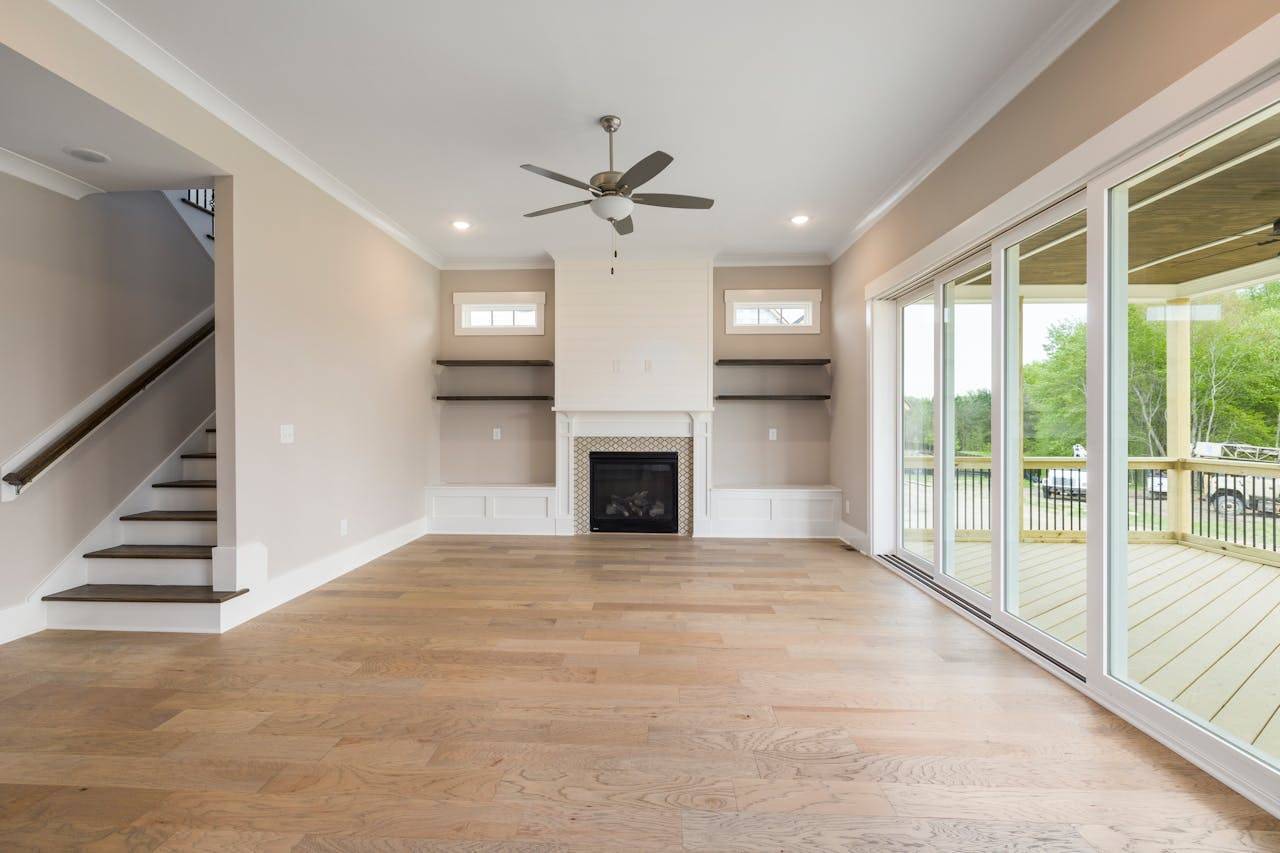Entering the world of real estate is like navigating a labyrinth, especially when making that crucial decision to buy a property. As you step into the realm of property acquisition, it's all about grasping and carefully considering key factors that act as your guide through the intricate landscape of real estate.
So, let's dive into the nitty-gritty of what can either make or break your property-buying experience.
2. Budget and Affordability:
Establishing a realistic budget serves as the cornerstone of a sound property investment. Beyond the initial purchase price, considerations should extend to associated costs such as taxes, maintenance, and potential renovations. A well-defined budget ensures financial stability and prevents overcommitment, fostering a sustainable and enjoyable homeownership or investment experience.
3. Property Type and Size:
The choice of property type and size directly impacts comfort, functionality, and future plans. Evaluating the number of bedrooms, bathrooms, and overall space against your needs ensures that the property aligns with your lifestyle or business requirements. This thoughtful consideration sets the foundation for a property that accommodates both current and future needs.
4. Market Conditions and Trends:
To navigate the dynamic real estate landscape, understanding current market conditions is paramount. Analyzing trends in property prices, demand, and potential future developments provides valuable insights for making informed decisions. This foresight is crucial for assessing the property's long-term value and ensuring it remains a solid investment over time.
5. Legal Due Diligence:
Verifying the property's legal status through meticulous due diligence is a non-negotiable step. Clear ownership, unambiguous title deeds, and the resolution of any pending legal issues are imperative. Ensuring a clean legal slate not only safeguards your investment but also minimizes the risk of disputes and legal complications down the line.
6. Quality of Construction and Property Condition:
Assessing the quality of construction and the overall condition of the property is essential for long-term satisfaction and financial prudence. Understanding the materials used, construction methods, and the property's general upkeep impacts maintenance costs and contributes to the property's durability as an investment.
7. Amenities and Facilities:
8. Future Development Plans:
Anticipating the future landscape is crucial for making a well-informed property purchase. Researching upcoming infrastructure developments and changes in the neighborhood provides insights into potential property value fluctuations and overall desirability. A forward-looking approach ensures your investment aligns with future trends and growth.
9. Financing Options and Interest Rates:
Exploring financing options and understanding interest rates is paramount for assessing the overall affordability and feasibility of the property purchase. A favorable financing arrangement not only affects the immediate financial commitment but also shapes the long-term financial implications of the investment.
10. Resale Value and Marketability:
While purchasing a property is a significant decision, assessing its potential resale value is equally crucial. Factors such as location, amenities, and overall market demand directly influence the property's marketability in the future. A property with strong resale potential ensures flexibility and a solid exit strategy if needed.
11. Home Inspection:
Do and don't when buying a property
Do's:
- Establish a realistic budget that includes not just the property cost but also additional expenses like taxes and maintenance.
- Consult with real estate agents, legal experts, and financial advisors to gain valuable insights and guidance.
- Personally visit the property to assess its condition, surroundings, and overall suitability.
- Conduct a thorough check of legal documents, ensuring clear ownership and resolving any potential legal issues.
- Evaluate the potential resale value of the property, considering factors like location, amenities, and market trends.
- Negotiate the terms of the deal carefully, considering both price and additional conditions that may be important to you.
- Arrange for a professional home inspection to identify any structural or maintenance issues.
- If financing the purchase, understand the terms, interest rates, and any associated costs.
Don'ts:
- Avoid making hasty decisions; take the time to thoroughly evaluate all aspects of the property and the deal.
- Don't skip the legal and financial due diligence; it's crucial to ensure a smooth and trouble-free transaction.
- Be aware of and account for all associated costs, including taxes, maintenance, and potential renovation expenses.
- The neighbourhood matters; don't ignore factors like safety, amenities, and overall livability.
- Legal advice is crucial; don't proceed without consulting legal experts to ensure airtight documentation.
- Avoid overextending your finances; stick to a budget that you can comfortably afford.
- Stay informed about market trends; ignoring them may impact the property's future value.
- Skipping a home inspection may lead to unforeseen issues and expenses later on.









.png)